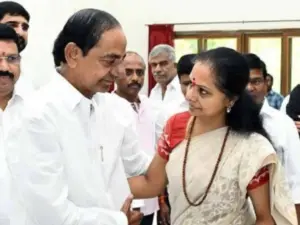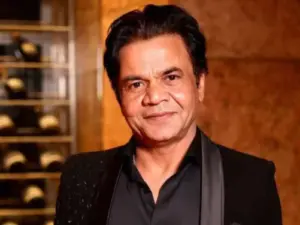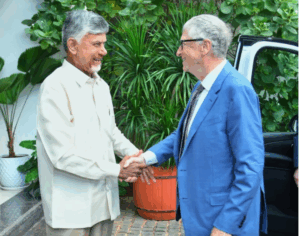
The H-1B visa program has long been a pivotal mechanism for foreign professionals to work in the United States, particularly in specialized fields such as technology, engineering, and healthcare. The program is especially important for skilled workers from India, who make up over 70% of the visa holders. However, the program’s future is increasingly contested, with political tensions and debates escalating over its impact on American jobs, economic innovation, and immigration policy.
The controversy surrounding the H-1B program has been fueled by high-profile figures, such as President-elect Donald Trump, entrepreneur Elon Musk, far-right activist Laura Loomer, and Indian-origin tech executive Sriram Krishnan. Trump’s recent comments reaffirming his support for the H-1B program have reignited the debate. Although his previous administration sought to limit the program, Trump now emphasizes the need for top-tier global talent, acknowledging his own use of the program in his businesses. Musk, an immigrant and the CEO of Tesla and SpaceX, has been a vocal defender of skilled immigration, arguing that America’s success in fields like space exploration and artificial intelligence is due to its openness to talent from around the world.
In contrast, Loomer has criticized the influence of figures like Krishnan in shaping policies that she believes disproportionately benefit foreign workers. Loomer’s controversial actions, including publicly sharing Krishnan’s personal details, sparked outrage and underscored the deeper ideological divides surrounding the issue.
The Biden administration’s recent policy proposals to raise wage thresholds for H-1B workers, prioritize advanced degree holders, and limit job mobility have added to the uncertainty faced by aspiring immigrants. These measures are designed to protect American workers but have also made it more challenging for companies to recruit international talent. Furthermore, the significant backlog in green card applications, particularly for Indian workers, has left many professionals uncertain about their long-term future in the US.
While the US debates the fate of the H-1B visa program, other countries are positioning themselves as attractive alternatives for skilled immigrants. For example, Australia’s Global Talent Visa Program targets professionals in cutting-edge fields like quantum computing, cybersecurity, and space technology. This program offers permanent residency options and a high quality of life, making it an appealing choice for talented workers seeking stability and opportunity.
Germany, with its Blue Card system, has also become a favored destination for highly skilled workers. The Blue Card simplifies the immigration process for professionals in fields such as technology and engineering, and Germany’s thriving startup ecosystem further bolsters its appeal as a top European destination for talent.
The UAE, particularly through its Golden Visa initiative, has created a favorable environment for skilled professionals. The proximity to India, tax-free income, and the rapidly growing tech sector in the UAE make it an increasingly viable option for Indian workers seeking better career prospects.
As the US continues to navigate the complexities of balancing domestic employment concerns with the need for global talent, the future of the H-1B program remains uncertain. The ongoing political and social debates underscore the importance of finding solutions that protect both American workers and the country’s competitive edge in global innovation.
Recent Random Post:
















